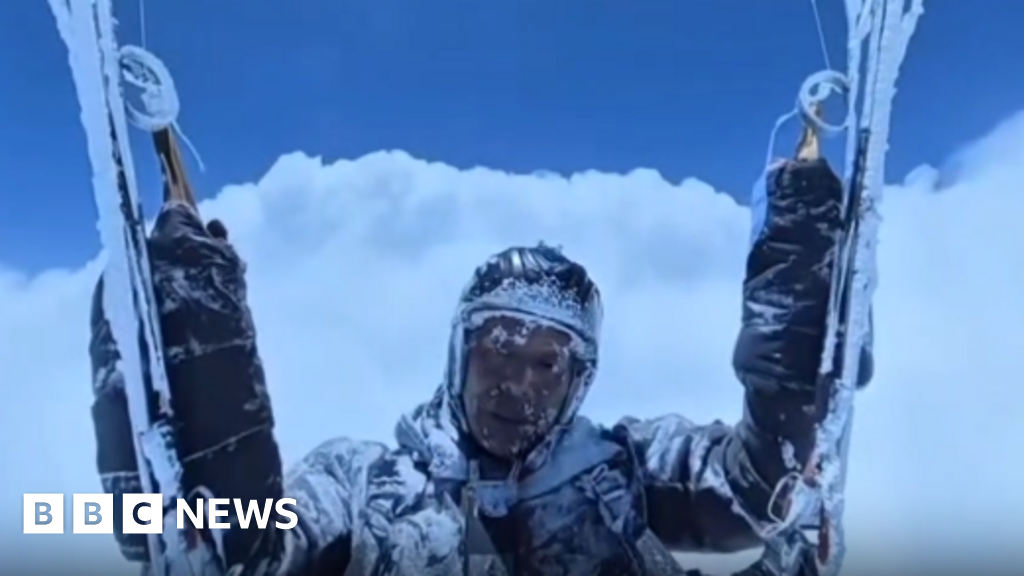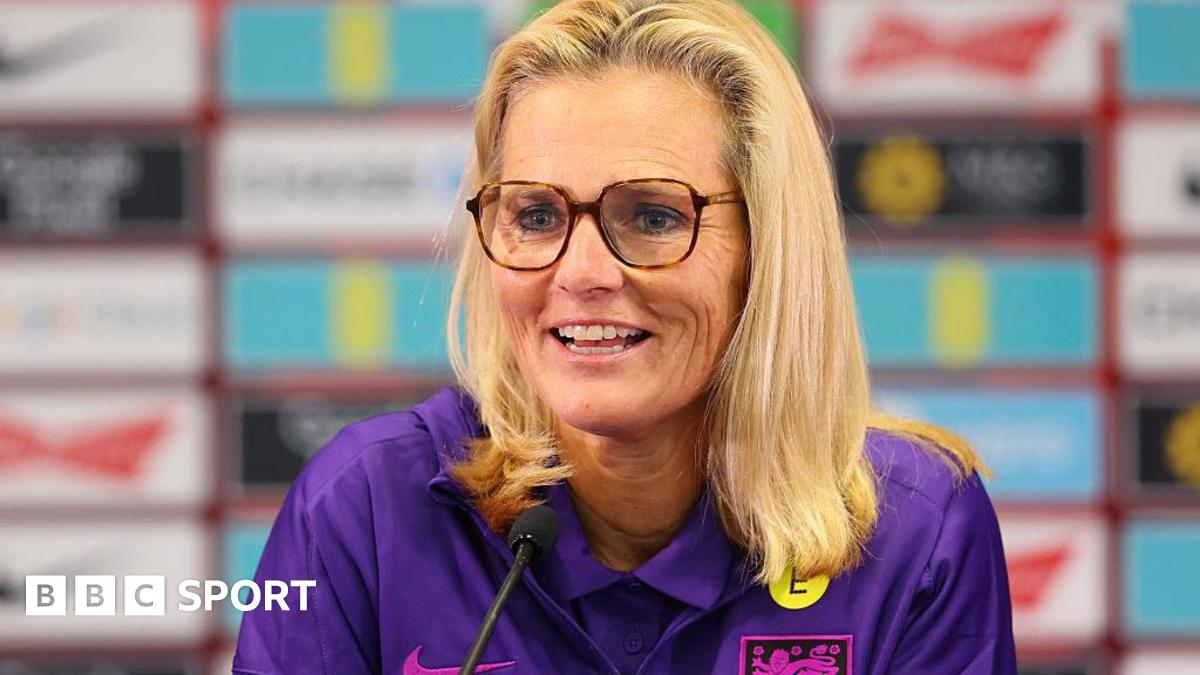- Crypto
Sharp rise in home burglary reports in some areas
时间:2010-12-5 17:23:32 作者:Audio 来源:Tech 查看: 评论:0内容摘要:So, ministers argue, they have no other option.So, ministers argue, they have no other option.
Romania's President Klaus Iohannis has resigned, a day before he faced an impeachment vote sparked by the cancellation of the country's presidential election last year.Opponents had been pushing to suspend him over his decision to remain in office until a new vote in May.

Romania's top court in December controversially annulled the election because of Russian state meddling allegations Iohannis had helped raise.The centrist, pro-EU leader cited national security concerns, but critics and candidates in the poll said his actions were undemocratic.In December, just 48 hours before Romanians were due to vote in the presidential run-off election, the nation's constitutional court made an unprecedented ruling scrapping the entire process.

That left the country without an incoming president. Iohannis - who has served two terms since 2014 - chose to stay in office until his successor could be elected.But his role in the cancellation of the election, and his reluctance to lead the country decisively since then, has led to a groundswell of popular anger.

Tens of thousands of Romanians have demonstrated in the streets, and lawmakers were due to begin a parliamentary process this week to suspend him from office.
Iohannis had said his decision to remain in office had been an attempt to provide political continuity. Romania's constitution says a presidential term is five years, but also that the president should remain in office until their successor takes over.Curators of the exhibition said he created The Face when he identified a gap in the the market for a monthly title aimed at a youth audience interested in a broad range of subjects that were not being featured in other magazines.
The style of the magazine chimed with the emergence of a new clubbing scene and the subsequent explosion of rave culture.Former art director of The Face and consultant curator of the exhibition Lee Swillingham said of the magazine in the 1990's: "It was an amazing place to work. I was made art director at the age of 23 and was free to do what I wanted."
"I took over after the grunge period, the black and white photography – and I took it in a completely new direction, very colourful, very energetic and we were early adopters of using digital tech to enhance pictures."Asked why the magazine closed in 2004, Mr Swillingham said "I think culture changed in the early 2000's , the magazine was competing with the internet and there was a very saturated print market at the same time."
- 最近更新
- 2025-07-07 02:37:30US green energy firms brace for federal funding cuts
- 2025-07-07 02:37:30Further disruptions to global supply highlight urgent need for Europe to diversify energy sources
- 2025-07-07 02:37:30Southern Living12 of our most popular Fourth of July recipes
- 2025-07-07 02:37:30Yvette Cooper says Palestine Action has ‘history of unacceptable criminal damage’
- 2025-07-07 02:37:30The Pioneer WomanLooking for a healthier snack? Fuel up with these high-protein ideas
- 2025-07-07 02:37:30McDonald’s faces boycott over DEI rollback: Who’s protesting and when
- 2025-07-07 02:37:30Always PetsWeird things you do that tell your dog you’re leaving the house
- 2025-07-07 02:37:30Lineker says emotional farewell on final Match of the Day
- 热门排行
- 2025-07-07 02:37:304 Investment-Worthy Skincare Finds From Sephora
- 2025-07-07 02:37:30Report: Iran state media say attack has begun on U.S. bases in Qatar and Iraq
- 2025-07-07 02:37:307 best investment platforms: Low-cost options to put your money to work
- 2025-07-07 02:37:30Pride fringe festival returns with a roller-disco
- 2025-07-07 02:37:30Thinking of downsizing? Here how to tap your equity to make it happen (and cut costs)
- 2025-07-07 02:37:3016 people sent to ER during New Jersey graduations as a potent heat dome builds over …
- 2025-07-07 02:37:30liability, comprehensive and collision coverage
- 2025-07-07 02:37:30Katie Couric MediaNot sure what to bring to the barbecue? Hatch chile mac and cheese is the answer
- 友情链接
- Bakery tourism: 'There's no limit on how far we'll travel for pastries' Chile's salmon farms hope for calmer waters Death toll in Nigeria floods hits more than 200, officials say Death toll in Nigeria floods hits more than 200, officials say As Punjabi hip-hoppers go global, bhangra outfits get a makeover The 'surreal' day I sang on stage with Bruce Springsteen Hailey Bieber's make-up brand sold to e.l.f. Sexual assault by friend left me feeling 'betrayed' Trump's tariffs 'not going away' as deadline for deals loom, top adviser says Elon Musk leaves White House but says Doge will continue Doctor Who has 'changed lives' of LGBT people Volunteers display medical memorabilia in hospital Volunteers display medical memorabilia in hospital The impact of Trump tariffs ruling – in numbers Doctor Who has 'changed lives' of LGBT people Sexual assault by friend left me feeling 'betrayed' The man making darts for the Premier League winner At least seven dead after two Russian bridges collapse Bakery tourism: 'There's no limit on how far we'll travel for pastries' Gatwick Airport boss moves on after 15 years Weekend fast craft sailings to run two hours late The impact of Trump tariffs ruling – in numbers 'I watched helplessly as water washed my family away' in Nigeria floods Thousands evacuate from fast-moving fires in Canada IFS says tough public spending choices unavoidable Chile's salmon farms hope for calmer waters These women helped bring down a president - now they say they feel invisible Fire alarm saves museum store room from blaze Hailey Bieber's make-up brand sold to e.l.f. These women helped bring down a president - now they say they feel invisible
